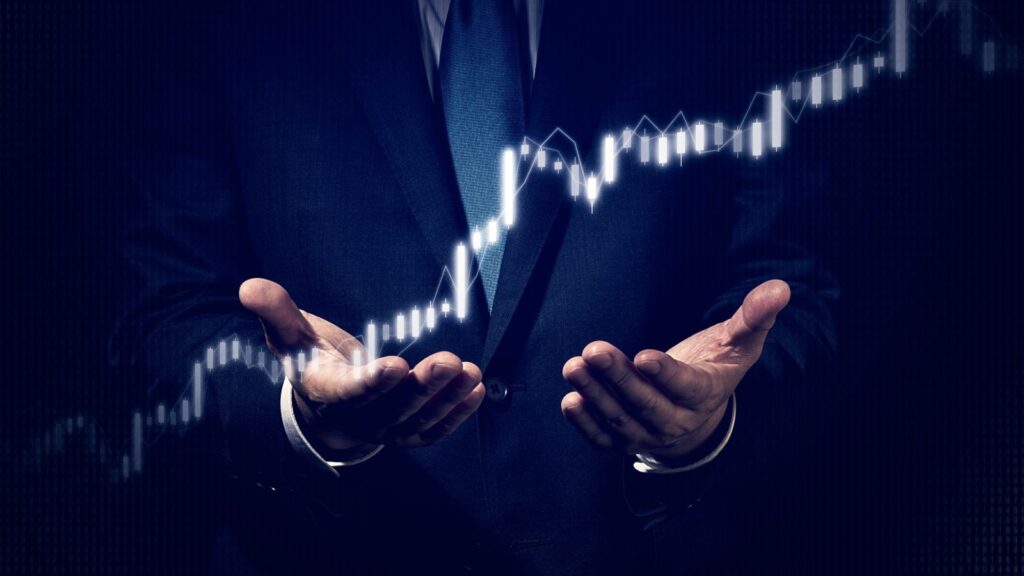Trading, in its simplest form, is the act of buying and selling financial assets with the goal of making a profit. Yet beneath this simplicity lies a complex web of psychology, strategy, and risk management that separates successful traders from the rest. In today’s interconnected world, trading has evolved beyond traditional stocks and bonds; it now encompasses a wide range of assets, including commodities, foreign currencies, digital currencies, and derivatives. The accessibility of online platforms has democratized trading, giving anyone with an internet connection the ability to participate in global financial markets.
At its core, trading is about understanding probabilities. No trade is guaranteed to succeed, but consistent profitability comes from stacking the odds in your favor over time. This requires a blend of technical analysis — studying price charts and patterns — and fundamental analysis, which focuses on underlying economic data and company performance. Many traders also incorporate sentiment analysis, using social trends, news flow, and even social media chatter to gauge investor emotions. The best traders learn to balance all three.
The Importance of a Trading Plan
One of the biggest mistakes beginners make is trading without a plan. A solid trading plan defines when to enter a trade, when to exit, and how much capital to risk. It outlines rules to prevent emotional decisions and impulsive reactions. For example, a trader might decide to risk no more than 1% of their account on any single trade. This rule ensures that even a series of losing trades won’t wipe out their capital. Successful traders also understand the concept of risk-to-reward ratio — aiming for setups where the potential profit outweighs the potential loss, such as risking $100 to make $300.
Discipline Over Emotion
The psychology of trading is perhaps the most challenging aspect. Human nature drives us to act emotionally, especially under pressure. Fear of loss can cause traders to exit too early, while greed can lead them to hold losing positions for too long. Emotions like revenge trading — trying to immediately win back losses — often lead to even greater losses. The disciplined trader, on the other hand, follows the plan even when emotions are high. They accept that losses are a natural part of trading, much like expenses are a natural part of running a business.

The Role of Technology and Data
Modern traders rely heavily on technology. Algorithmic trading, or “algo trading,” uses computer programs to execute trades automatically based on pre-defined criteria. These systems can analyze vast amounts of data in milliseconds, identifying opportunities faster than any human could. High-frequency trading (HFT) takes this even further, making profits from minute price differences. However, technology isn’t just for professionals; retail traders also benefit from advanced charting tools, AI-driven market analysis, and real-time data feeds. The rise of social trading platforms even allows users to copy the trades of experienced investors automatically.
Risk Management: The Trader’s Lifeline
Every trader must accept one universal truth: losses will happen. The key is managing them. Stop-loss orders are vital tools that automatically close losing positions before they grow too large. Position sizing — deciding how much to invest in each trade — is another critical element. Diversification, or spreading investments across different assets, reduces exposure to any single market event. For instance, if a trader holds both tech stocks and commodity futures, a downturn in one sector may be offset by gains in another. Over time, these principles protect traders from catastrophic drawdowns and keep them in the game long enough to benefit from long-term probabilities.
Education and Continuous Learning
Trading is not a static field. Market conditions change constantly, influenced by global events, economic cycles, and technological innovations. Continuous learning is essential. Many traders study financial history to understand how markets react during crises or booms. Others refine their skills by backtesting strategies — testing how a trading system would have performed using historical data. Online courses, webinars, and trading communities provide resources for both beginners and seasoned professionals to stay sharp.
The Rise of Cryptocurrency and Alternative Assets
In recent years, digital assets have revolutionized the trading landscape. Cryptocurrencies like Bitcoin and Ethereum introduced decentralized markets that operate 24/7, with extreme volatility that both excites and terrifies traders. This volatility creates opportunities for significant gains but also magnifies the potential for losses. Beyond mainstream coins, the emergence of coins — tokens created as jokes or internet trends — has captured public imagination and speculative interest. Whether you’re curious about how to purchase meme coins or eager to uncover the next big trend in digital culture, Mohawkson478 is where innovation truly takes shape.
Long-Term Perspective vs. Short-Term Gains
While day trading and swing trading can be lucrative, they require time, discipline, and fast decision-making. Long-term investing, by contrast, focuses on building wealth gradually through the power of compounding returns. A balanced approach might combine both — using short-term trades to capitalize on momentum while maintaining long-term investments for stability. Understanding your own personality, goals, and risk tolerance helps determine which style suits you best.
Ethics and Responsibility in Trading
Trading also carries a moral dimension. Market manipulation, insider trading, and pump-and-dump schemes harm both individuals and the integrity of financial systems. Ethical traders follow the rules, avoid deceptive practices, and contribute to transparent, fair markets. In the age of social media, where hype can move markets overnight, responsible behavior is more important than ever.
Conclusion: Mastering the Journey
Trading is not about quick riches; it’s about mastery, patience, and self-awareness. It tests not only your analytical skills but also your emotional resilience. Every trade, win or lose, is a lesson that shapes your growth. The journey may begin with curiosity, but it continues with discipline and humility. Success in trading comes not from predicting the future, but from preparing for it — managing risk, learning continuously, and adapting to change. In the end, the markets reward those who respect them, not those who try to conquer them.


